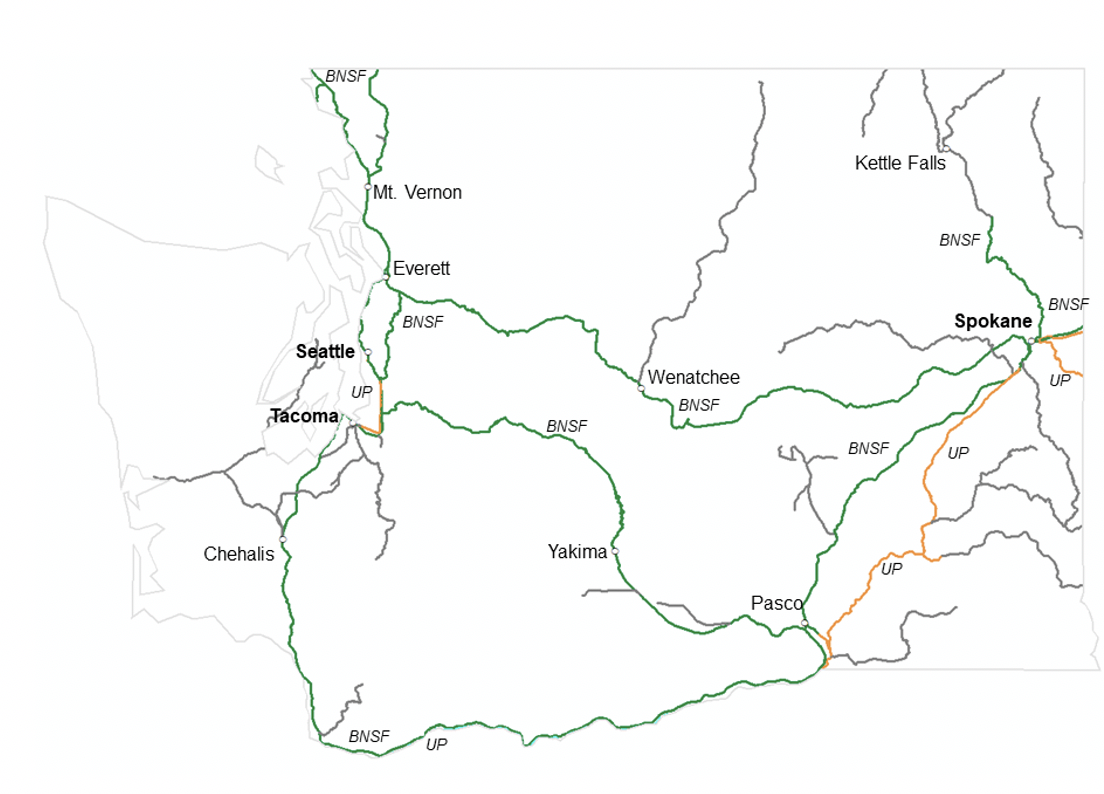Chronic railroad exposures to diesel exhaust, asbestos, creosote, welding fumes, silica sand, benzene-containing solvents and degreasers, herbicides, and secondhand smoke can lead to numerous conditions, including:
Cancer:
Leukemia:
- Acute Myeloid Leukemia (AML)
- Myelodysplastic Syndrome (MDS)
- Non-Hodgkin’s Lymphoma (NHL)
- Multiple Myeloma (MM)
Pulmonary:
- Diesel Asthma
- Chronic Obstructive Pulmonary Disease (COPD)
- Reactive Airway Disease (RADS)
- Pulmonary Fibrosis
- Emphysema
Neurological:
We serve all railroad employees in crafts with historical exposures to toxins, including the following:
- Locomotive Engineer
- Brakeman/Conductor
- Track Department/Trackman
- Locomotive Machinist/Electrician/Pipefitter
- Car Department/Carman
- Bridges & Buildings

In proving up your railroad cancer lawsuit, Hughes Law Offices will take any unique exposures into account. For instance, we have served clients who described leaking underground fuel tanks, serving chemical plants and refineries, exposures from toxic freight, etc. We will bring all of those exposures to bear in proving up your railroad cancer case.
Class I railroads operating in Washington include:
- BNSF Railway – BNSF’s Washington-based yards include: Auburn Yard, Balmer Yard, Bellingham Yard, Centralia Yard, Cheney Yard, Delta Yard, Erie Street Yard, Everett Yard, Hillyard Yard, Lampson Yard, Pasco Yard, Seattle Yard, Spokane Yard, Stacy Yard, Tacoma Yard, Vancouver Yard, Warden Yard, Wenatchee Yard, Wishram Yard, Yakima Yard, and Yardley Yard. BNSF’s Washington-based automotive facilities and rail shops include: Orillia Auto Facility, Port of Tacoma Auto Facility, Seattle Rail Shop, Spokane Auto Facility, Spokane Rail Shop, and Vancouver Rail Shop. BNSF’s Washington-based intermodal facilities include: Seattle Intermodal, Seattle International Gateway, and Spokane Intermodal.
- Union Pacific Railroad – UP’s Washington facilities include FIfe Yard, Marshal Yard, Argo Yard, East Spokane Yard, and Vancouver Yard.
If you suspect that your illness or that of a loved one could be related to railroad workplace exposures, please call 312-877-5588 to speak to a railroad cancer attorney.

